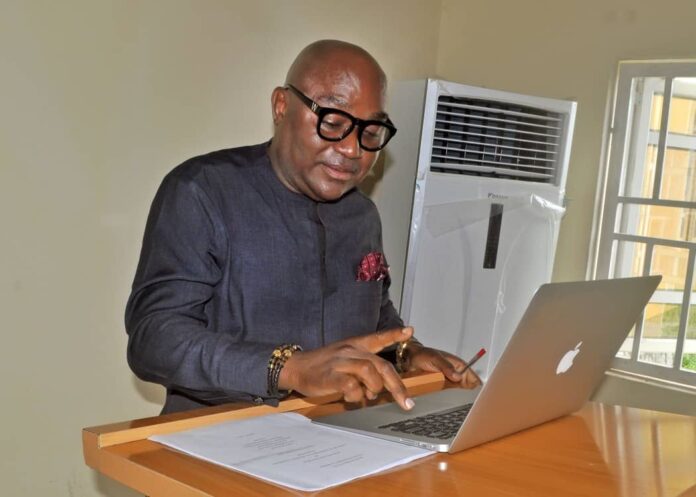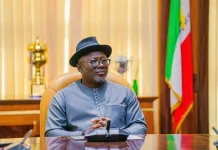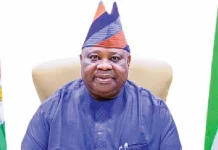Palliatives to reduce poverty in Nigeria, according to Ekpo Barnabas, an associate professor of political science at the Nigerian Defence Academy, can only be put into practise at the local level through the democratisation or autonomy of Local Government Authorities.
The only people who can assist people in rural areas, according to Ekpo, are local government employees who are aware of their circumstances. Additionally, he asked the government to take action to ensure that monies for environmental causes are funnelled to the proper ones through operational transparency, rather than being misappropriated.
According to his presentations, which our correspondent obtained on Saturday in Abuja, Ekpo spoke at a book review of “The Face of Poverty in Nigeria,” which was published by the Rosa Luxembourg Foundation and Yusuf Bala Institute. He also noted that the adoption of conditionalities by the International Monetary Fund has not improved Nigerians’ quality of life.
The structure, characteristics, and dynamics of the Nigerian economy must be studied in relation to the level of poverty in Nigeria, he continued, in order to fully understand it.
The majority of the problems that Nigeria is currently grappling with, particularly on the economic front, were noted in Bala Usman’s book Nigeria Against the IMF: The Home Market Strategy, which was released in 1986, more than 30 years ago, and the looming economic catastrophe that lay ahead of Nigeria.
“Most Nigerians’ lives have not been made better by Nigeria adopting the IMF’s conditionalities. This is predicated on the idea that, despite its abundant natural riches and its people’s inventiveness, Nigeria is practically at the bottom of the World Bank’s index of poverty in 2022.
Most facets of Nigerian life have gotten worse rather than better, according to a brief examination of their living situations.
The academic remarked, when discussing the function of local government authorities in reducing poverty in rural areas, “Local government institutions should be democraticated to reduce poverty in the rural areas. It is crucial because local government agencies are best suited to implement policies that have an immediate impact on rural residents.
A second lecturer from the NDA, Dr. Olajumoke Ganiyat, also spoke on the subject and pointed out that academics in the nation have continued to study and document how government actions have affected the allegation of poverty in the nation.
“Over the past forty years, there have been efforts made by scholars in the fields of economics, political science, and even beyond, to chronicle the challenge of poverty and the many government programmes and strategies adopted to alleviate this social pathogen. One comes to the conclusion that there is no shortage of brilliant work that presents in a non-quantitative and non-econometric approach, the true face of poverty, especially in connection with Nigeria.”
Join Television Nigerian Whatsapp Now
Join Television Nigerian Facebook Now
Join Television Nigerian Twitter Now
Join Television Nigerian YouTUbe Now





